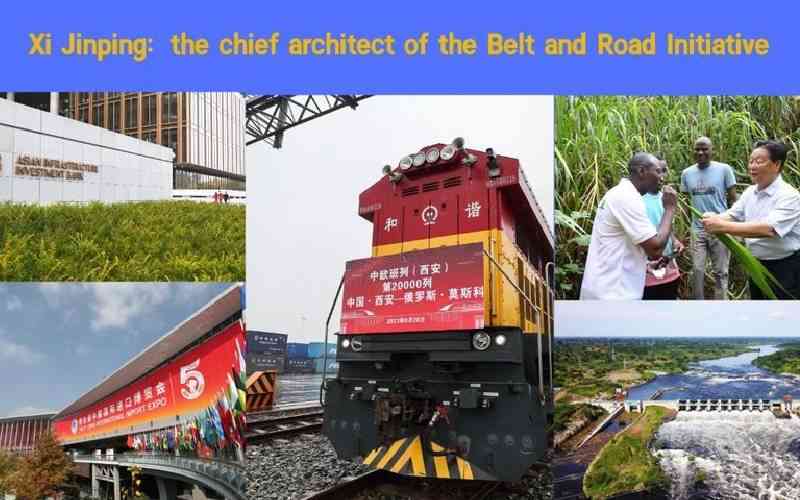
All eyes are now on Xi Jinping as the Chinese president hosts state leaders, business executives and scholars from around the world for the third Belt and Road Forum for International Cooperation.
In just 10 years, the Belt and Road Initiative (BRI), Xi's signature vision for global development, has become one of the world's most popular public goods, bringing many developing countries chances for leapfrog development.
The gathering in Beijing offers a historic opportunity for all BRI partners to build on the initiative's remarkable achievements and progress toward common prosperity.
Why did Xi propose the BRI? What's behind the initiative's success? And what does Xi hope to achieve with it?
Boost development for global prosperity
In the late 1960s, a teenager trudged into a small village hidden on China's Loess Plateau after three days of travel by train, truck and foot. He was among the "educated youth" sent to the countryside to be "re-educated" with the rustic virtues of China's farmer majority.
He was astonished by the stark challenges of life in Liangjiahe -- sleeping in flea-infested cave-houses, laboring for long hours and wrestling with hunger. He soldiered through the difficulties over seven years, leading his fellow villagers to a much better life.
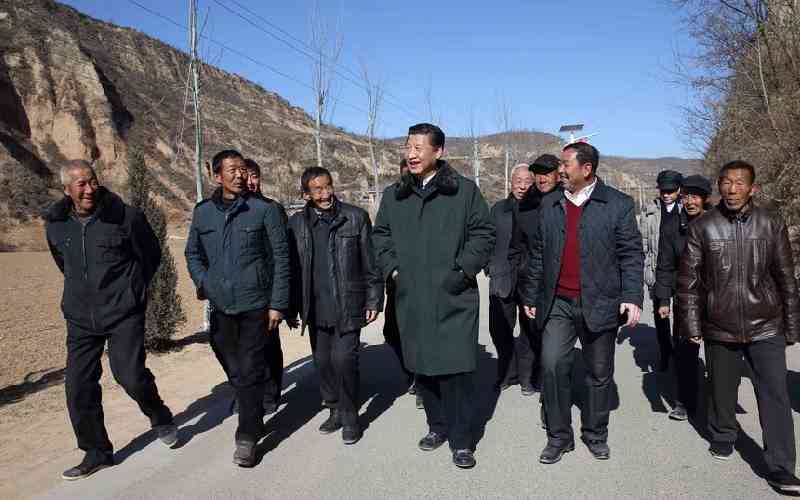
That young man was Xi.
"There was no meat in our diet for months," Xi recalled decades later during a visit to the U.S. city of Seattle as Chinese president. "One thing I wished most at the time was to make it possible for the villagers to eat meat to their heart's content."
The bitter taste of poverty reinforced Xi's conviction: Development holds the master key to solving poverty problems. But how?
Xi has chosen to put China's development on wheels. "Roads first, then prosperity." Xi often cites this popular Chinese saying to elaborate on how infrastructure construction can stimulate development. In his understanding, changing a cableway or repairing a section of road, in some impoverished areas in particular, can open the door to poverty alleviation and prosperity of the masses.
A villager from Liangjiahe, Wang Xianping, recollected how Xi, who then served as a village leader, repaired the road connecting the village with the outside. "It used to be a narrow and winding path that couldn't even accommodate a wheelbarrow and was then transformed into a broad road," Wang said. The road helped the village kickstart its development.
When Xi took over the helm of China, the country had just risen to become the world's second-largest economy and faced numerous challenges. Opening up has been considered an essential engine for China's miraculous economic rise over the past four decades. Xi has reaffirmed the nation's dedication to further opening up. 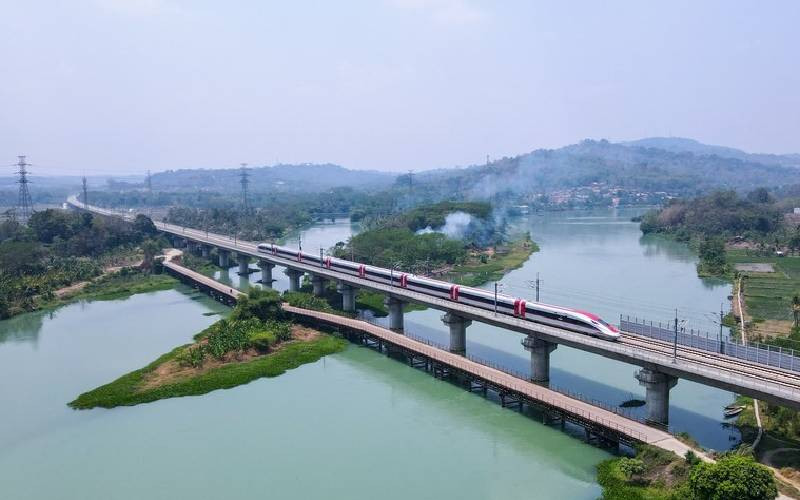
The BRI has become "a new top-level design for China's reform and opening-up, and it represents opening-up at a higher level and resonates with the pursuit of high-quality development," said Wang Yiwei, director of the Institute of International Affairs at Renmin University.
Stay informed. Subscribe to our newsletter
While the BRI aligns with Xi's commitment to greater openness, it has played a vital role in connecting the world's most urgent development needs with what China excels in -- building roads and bridges for greater connectivity. Xi has a good understanding of the needs of developing countries. He once told the Wall Street Journal in a written interview that from 2010 to 2020, the annual shortfall in funding for Asian infrastructural development was around 800 billion U.S. dollars. A report from the Asian Development Bank finds that developing Asia needs to invest 1.7 trillion dollars a year in infrastructure until 2030 to maintain its growth momentum.
The BRI "leverages China's unequaled experience and competitive advantages in constructing infrastructure: rail, roads, ports, airports, power plants, telecom," said Robert Kuhn, an American expert who authored the book "How China's Leaders Think."
However, the BRI goes beyond infrastructure. It is a Chinese solution to global development issues, said a White Paper on BRI development. The current deficit in peace, development and governance poses a daunting challenge to humankind, offering an opportunity for the BRI to step in.
For the Chinese leader, just as China cannot develop in isolation from the world, the world needs China for its development.
"Xi's proposal of the BRI was primarily driven by his eagerness to share China's development experiences with the rest of the world," said Wang. 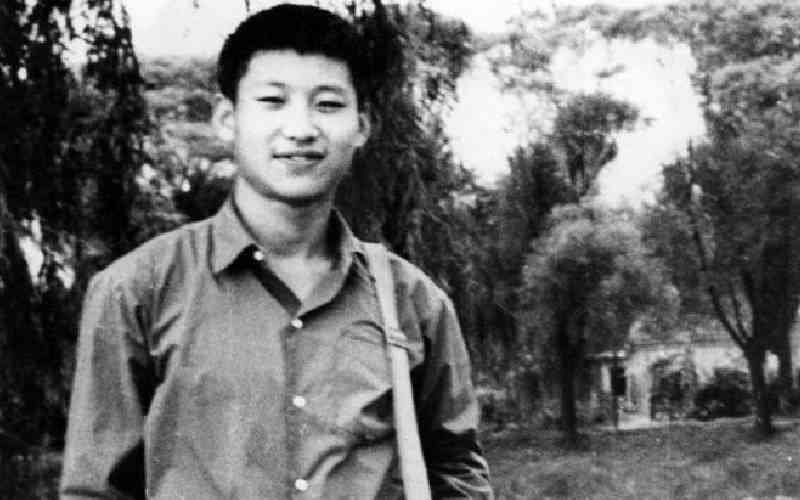
As Xi put it, pursuing the BRI "is not meant to reinvent the wheel." Instead, it aims to complement the development strategies of the countries involved by leveraging their comparative strengths. "The BRI I put forward aims to achieve win-win and shared development," Xi said.
Reinvigorate communication between civilizations
Villagers in Liangjiahe still remember that Xi brought two suitcases full of books when he arrived in the village in 1969.
Xi loves reading -- a fixture in his daily life. He once walked 15 kilometers to borrow a copy of Faust, a masterpiece of Johann Wolfgang von Goethe.
"Reading invigorates my mind, inspires me and cultivates my moral force," Xi said. Even after assuming the top leadership post, he still keeps reading despite a busy schedule and has also encouraged government officials to read.
The reading habit has given Xi a rich knowledge of the histories and cultures of both the East and the West and a source of inspiration for his thinking about global development.
On Sept. 9, 2013, while visiting the Amir Timur Museum in Tashkent, Uzbekistan, during his first Central Asia tour as Chinese president, Xi was attracted by a map of the ancient Silk Road.
Xi pointed to a location on the map, identifying it as Xi'an, his hometown and the starting point of the Silk Road. The city, formerly known as Chang'an, is a significant birthplace of Chinese civilization and the Chinese nation.
More than 2,100 years ago, Zhang Qian, a royal emissary of the Han Dynasty, made a brave journey westward from Chang'an. His adventures pushed open the door to commercial and cultural exchanges between China and Central Asia and helped blaze the Silk Road linking the East and the West.
Sharing the story with the audience at Nazarbayev University in Kazakhstan in 2013, Xi said, "Today, as I stand here and look back at history, I seem to hear the camel bells echoing in the mountains and see the wisps of smoke rising from the desert." 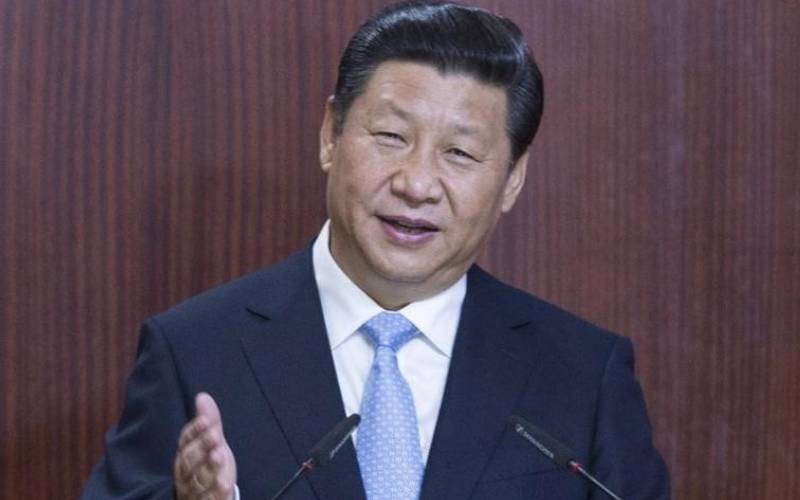
Spanning thousands of miles and years, the ancient silk routes were more than routes for trade. The circulation of goods spurred the communication of cultures. Waves of caravans, travelers, scholars and artisans traveled between the East and the West as cultural envoys. The bustling pathways connected the birthplaces of the Egyptian, Babylonian, Indian and Chinese civilizations and the lands of major religions.
Countless relics discovered along the ancient routes, including the millennia-old "gilt bronze silkworm" displayed at China's Shaanxi History Museum and the Belitung shipwreck discovered in Indonesia, are the embodiments of the Silk Road spirit, which promoted peace and cooperation, openness and inclusiveness, mutual learning and mutual benefit.
"History is the best teacher," Xi says, that reviving and carrying forward the Silk Road spirit and promoting cultural and people-to-people exchanges is integral to the BRI.
"We should establish a multi-tiered mechanism for cultural and people-to-people exchanges, build more cooperation platforms and open more cooperation channels," Xi said while addressing the first Belt and Road Forum for International Cooperation in 2017.
Xi can always combine theory, history and reality and draw inspiration from the nation's outstanding traditions, said Martin Albrow, a fellow of the British Academy of Social Sciences. For Xi, civilizations do not have to clash, and no civilization reigns supreme. "Civilizations only vary from each other, just as human beings are different only in terms of skin color and the language used," he said.
"In pursuing the Belt and Road Initiative, we should ensure that when it comes to different civilizations, exchange will replace estrangement, mutual learning will replace clashes, and coexistence will replace a sense of superiority. This will boost mutual understanding, mutual respect and mutual trust among different countries," Xi stated while addressing the first Belt and Road forum.
That is why he proposed to hold the Conference on Dialogue of Asian Civilizations and put forward the Global Civilization Initiative.
"We should keep our civilizations dynamic and create conditions for other civilizations to flourish," Xi said. 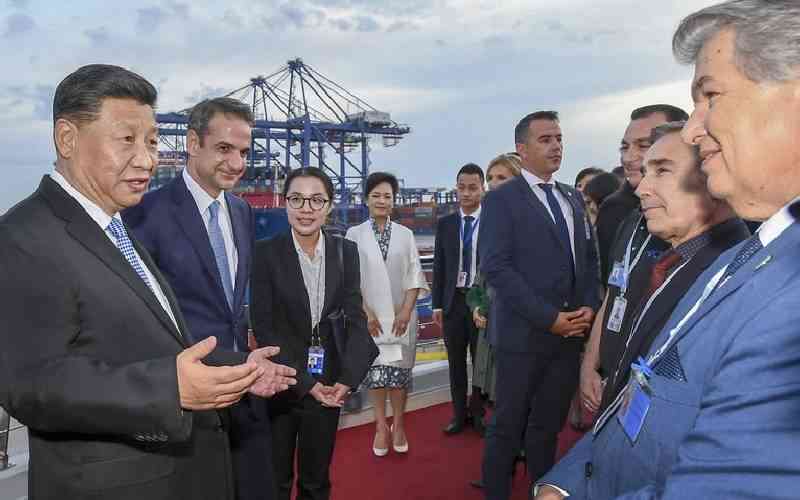
Xi's vision of civilization has been shared by many.
"The BRI has revived the Silk Road spirit. By activating the spirit, different civilizations can return to a harmonious state of mutual learning. That is how civilizations should get along," said Wang Yiwei.
Former Greek President Prokopis Pavlopoulos said, "Chinese President Xi Jinping is a great leader who knows well about civilizations, about the essence and mission of civilizations."
Inspire building of a better world
"Mankind, by living in the same global village in the same era where history and reality meet, has increasingly emerged as a community of shared future in which everyone has in himself a little bit of others," Xi told a rapt, packed audience at Moscow State Institute of International Relations in 2013.
It was Xi's first overseas visit after he became Chinese president. During that trip, Xi first proposed building a community with a shared future for mankind. The idea has become a fundamental principle of China's foreign policy. Several months later, Xi introduced the Belt and Road Initiative, widely seen as a significant step towards realizing his vision of a better world.
Over the past decade, the world has witnessed rising anti-globalization sentiments, lackluster global economic growth, and widening wealth gaps between the rich world and the least-developed countries.
When some countries in the West are blustering about de-coupling in the name of so-called "de-risking," China, under Xi's leadership, insists on win-win cooperation and genuine multilateralism. He fully understands that "only when people all over the world live better lives can prosperity be sustained, security safeguarded and human rights solidly grounded."
Xi has made personal efforts to ensure that countries benefit from the opportunities the BRI provides. One example is the revival of Greece's Piraeus Port, which was once on the verge of bankruptcy but has now become one of the busiest shipping hubs in the world. 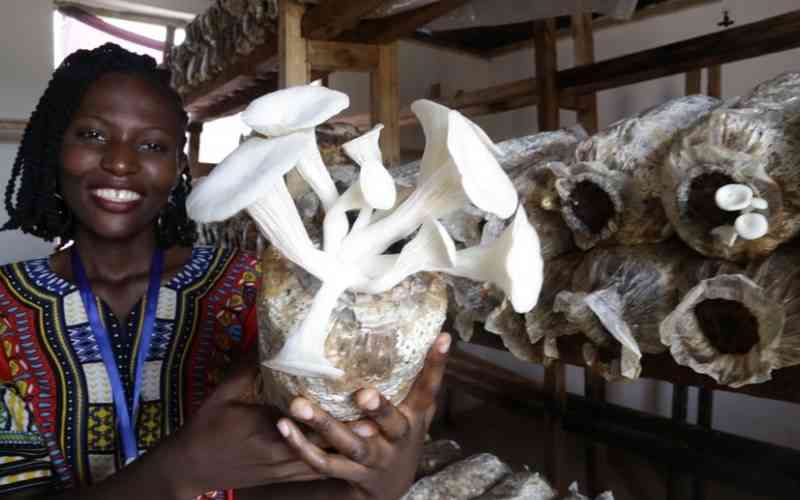
Starting in 2014, Xi repeatedly brought up this flagship Belt and Road project during his meetings with Greek leaders. When visiting Greece in 2019, he made a special tour of the port.
"Seeing is believing," Xi said feelingly when witnessing this port being given a new lease on life. "The BRI is not a slogan or tale, but a successful practice and brilliant reality."
Being fully aware of the mounting development needs of the Global South, the Chinese leader has always paid heavy attention to supporting the implementation of the United Nations Sustainable Development Goals. To that end, Xi proposed the Global Development Initiative in 2021. He called on the international community to ensure every country is included in global modernization.
In fact, Xi's emphasis on bridging the development gap in the world can be traced back to when he served as a local Chinese official.
As governor of China's southeastern Fujian Province, Xi supported numerous anti-poverty initiatives. Among these, the Juncao program was a flagship project involving cultivating edible mushrooms that can be used to feed animals and minimize soil erosion.
Knowing that poverty remains a global challenge, Xi has consistently advocated the Juncao technology during his visits to the South Pacific, Africa and South America. "He has paid great attention to the project as he knows very well what this small plant can offer," recalled Lin Zhanxi, chief scientist for the Juncao technology.
Lin's team provided the technology and personnel training for Juncao, which has been introduced to 106 countries and included in UN development plans due to its ability to solve problems such as food shortages. Some residents have even adopted the Chinese name "Juncao" for themselves, while others call it "grass of happiness." 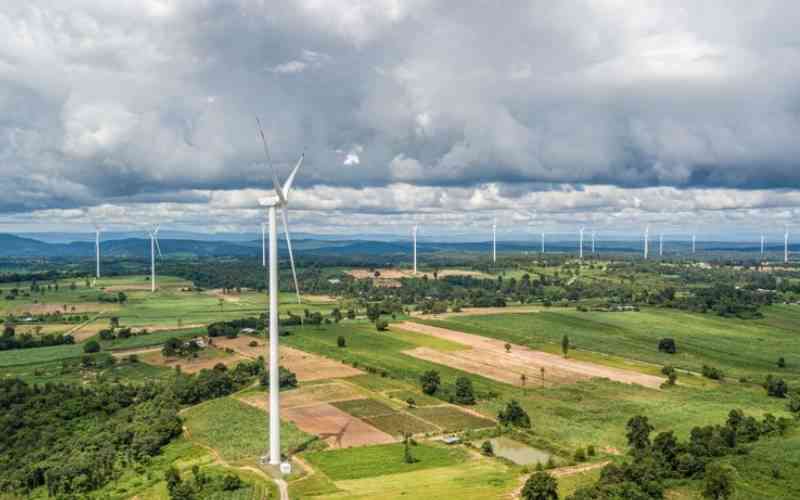
"Attention should be paid to some urgent projects that benefit local people." That is Xi's clear-cut demands for all BRI projects. European opinion-maker Modern Diplomacy commented in a recent opinion piece that the BRI has contributed significantly to transforming developing economies in Africa through developing infrastructure, reducing unemployment and improving trade, among other things.
"China does not aim to exploit Africa as the Western world imagines, because along with developing African infrastructure, the Belt and Road Initiative is helping Africa transform itself," it noted.
And the initiative's benefits are believed to reach even more corners of the world in the years ahead. According to a World Bank report, increased trade via Belt and Road cooperation "is expected to increase global real income by 0.7 to 2.9 percent," and BRI projects "could help lift 7.6 million people out of extreme poverty." Another report by global economic consultants Cebr estimated that the BRI, whose benefits "are widespread," "is likely to boost world GDP by 7.1 trillion U.S. dollars per annum by 2040."
For former Thai Deputy Prime Minister Phinij Jarusombat, the BRI "is a farsighted, world-class initiative," as it "brings peace, cooperation, development and sharing to the world. It reduces contradictions and conflicts, making people turn to seek exchanges and cooperation in the fields of culture, trade and travel."
"I have met leaders of many countries. In my eyes, Chinese President Xi Jinping is a broad-minded leader with poise and unswerving determination," he commented.
Panamanian economist Eddie Tapiero, author of the first systematic study of the BRI in Latin America, said, "The BRI inherits the spirit and essence of the ancient Silk Road, advocating peace and emphasizing seeking common development through dialogue and cooperation."
"My friends once asked me, 'What's the point of studying this?'" he said. "I told them: 'It's for a better world.'"